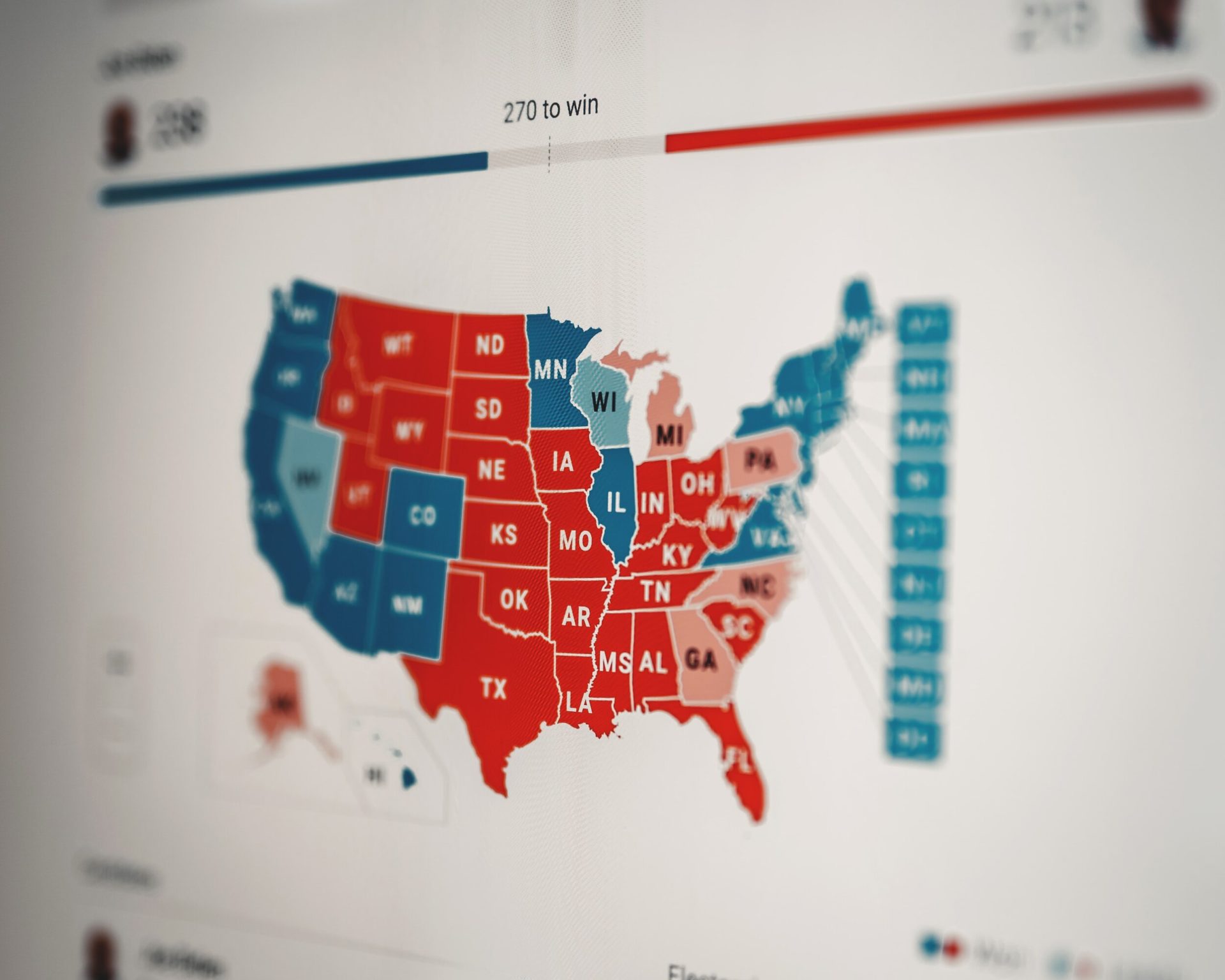
Forget the debate about voter fraud versus voter suppression for the moment. There’s a new election threat on the horizon, and it requires urgent and bipartisan action from Congress.
That new threat is election subversion, which is when those who run elections and count the votes do something to subvert the will of the people turning election losers into winners. Most of the current political conversation around voting is about voter suppression bills that make it more difficult for voters to cast their ballots. From shortening the timeframe for voters to request a ballot to making it more difficult to deliver mail ballots, at least 14 states have enacted 22 restrictive laws, according to the Brennan Center for Justice. At least 61 bills with restrictive provisions are currently moving through 18 state legislatures.
But election subversion is different from voter suppression. It is misconduct that has occurred after ballots have been cast. Think President Donald Trump’s telephone call to Georgia Secretary of State Brad Raffensperger asking him to “find” 11,780 votes to flip the state’s electoral college votes from Biden to Trump. Raffensperger courageously refused, and he released a recording of the telephone call.
In the aftermath of Raffensperger standing up to Trump, the Georgia legislature stripped him of his power on the state elections board and Republican legislators gave themselves the power to appoint someone to take over that role. They also gave the state election board – dominated by Republicans – the power to temporarily take over voting procedures in counties, including Democratic-dominated counties like Georgia.
Around the country, those who stood up to Trump’s attempts to subvert the will of the people in the 2020 elections are being replaced by those who repeat the “Big Lie” that the 2020 election was stolen for Trump. I’ve been studying election law for over 25 years, and I have seen no credible evidence that any state’s election results were fraudulent or illegal in the 2020 elections. Nonetheless, Republican candidates around the country have embraced the false claims, and they may be in a position to manipulate election outcomes in 2024.
Congress needs to step in now and stop the danger of election subversion. Before more moderate Republican Senators like Roy Blunt and Rob Portman retire, Congress needs to move bipartisan legislation pinpointed at this risk.
What should such targeted legislation look like? I see four main provisions that should be included in any bill to minimize the risk of election subversion.
First, Congress should require all federal elections to be conducted on voting machines that produce a paper ballot. The paper ballot will allow a court or other independent body to conduct a hand recount and assure that the reported votes match the votes actually cast by voters. It was so important that Georgia was able to conduct a hand recount to verify Biden’s win over Trump in 2020.
Second, anti-subversion legislation should increase the penalties for tampering with the results of federal elections. Prosecutors should be able to threaten serious jail time for any election official who might manipulate election outcomes to flip the results from the winner to the loser. The U.S. Department of Justice bolsters its staff to investigate and prosecute these crimes throughout the U.S.
Third, Congress should use its power in Article I, Section 4 of the Constitution to require states to adopt transparency and chain-of-custody requirements for the casting and counting of ballots. Procedures should be open for bipartisan and non-partisan observation, but with safeguards in place to stop “observers” from interfering with fair vote counting or intimidating or threatening election officials (an increasingly prevalent problem).
Finally, it is time for Congress to rewrite the Electoral Count Act, a byzantine and confusing set of rules dating back to the 1880’s that Congress uses for counting Electoral College votes from the states. In the 2020 elections, we saw 147 members of Congress vote to sustain frivolous objections to the vote counting in Arizona and Pennsylvania, even though those states conducted their elections in fairways. It should be much harder to challenge fair election results, a point on which responsible Republican Senators showed their agreement in confirming Biden’s victory on the morning of January 7, 2021, after the unprecedented Capitol insurrection.
Democrats and Republicans disagree about a lot of things when it comes to voting rights and elections. But on the question of election subversion, they should come together and protect the integrity of the vote count. And it should happen before it is too late.






